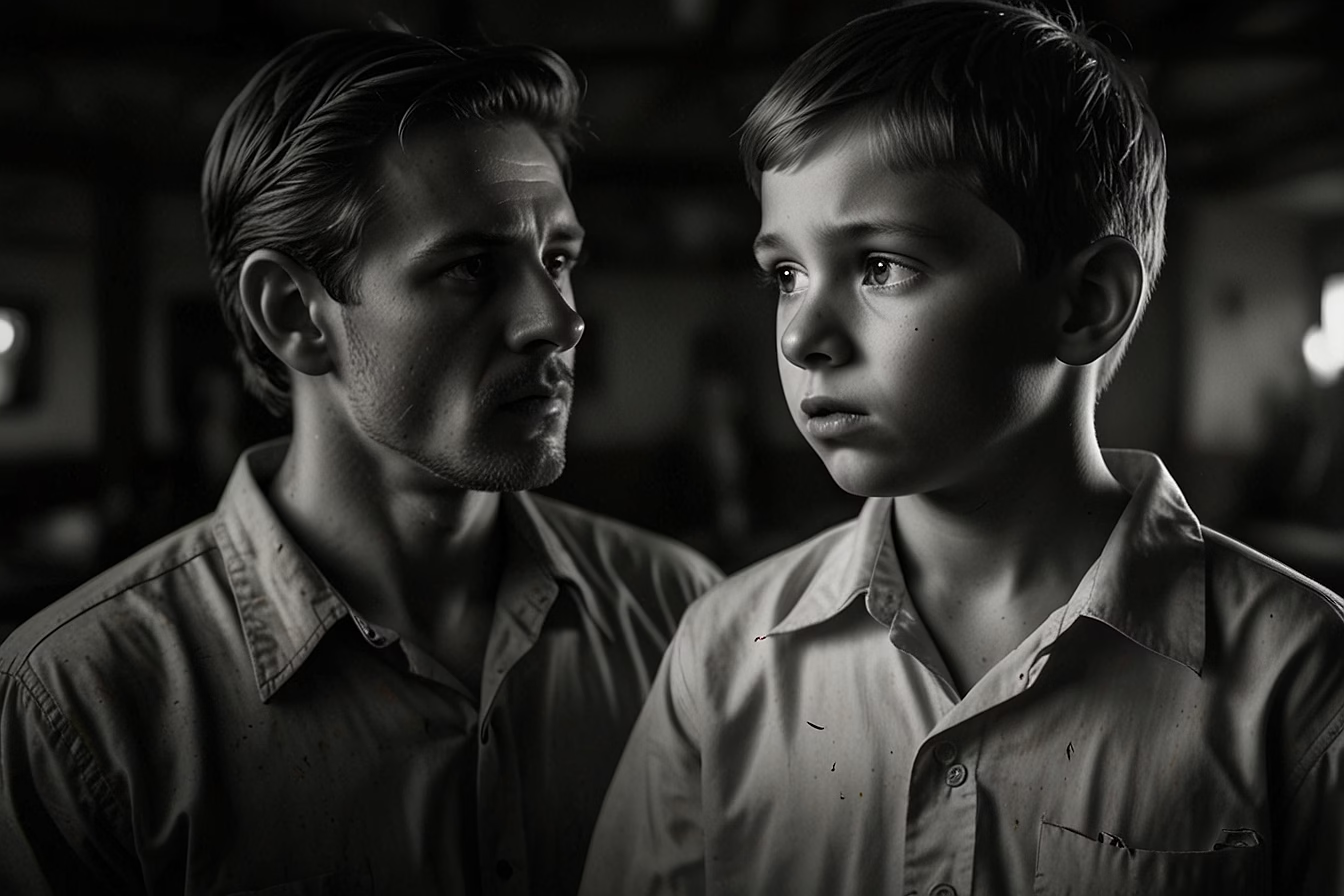
Discover the emotionally harmful phrases parents use that cause lasting resentment. Discover effective communication strategies to foster a stronger parent-child relationship and cultivate emotional intelligence together.
Have you ever caught yourself saying something to your child and immediately thought, “I sound just like my mother,” followed by that sinking feeling of regret?
We’ve all been there. In moments of frustration, exhaustion, or overwhelm, hurtful words can easily come out of our mouths. The truth is, most parents don’t set out to say psychologically damaging things to their children—it just happens when we’re pushed to our limits or unconsciously repeating patterns from our own childhood.
If you’re reading this, you’re already showing incredible awareness and love for your child. You want to break harmful cycles and create a healthier emotional environment. That desire to do better is exactly what makes you a thoughtful parent, even when you fall short of your own expectations.
Here at Better Today, we understand that parenting is one of the most challenging jobs in the world, and we’re here to guide you toward more intentional and loving communication.
The Hidden Impact of Emotionally Damaging Phrases
While having expectations is natural, expressing disappointment without offering support can lead to feelings of inadequacy and anxiety in children. What feels like a moment of frustration to us can become a defining memory for our kids, shaping how they see themselves and their worth.
Advice Disclaimer: The information provided here is for general educational purposes. For specific concerns about your child’s emotional well-being or your family dynamics, please consult with a qualified family therapist or child psychologist.
10 Phrases That Create Lasting Resentment
1. “You’re so dramatic/sensitive/emotional”
This invalidates your child’s feelings and teaches them that their emotions are wrong or too much.
2. “Why can’t you be more like your sister/brother?”
Comparisons destroy self-worth and create sibling rivalry that can last a lifetime.
3. “You always do this” or “You never listen”
These absolute terms can make children feel their efforts aren’t recognized and box them into negative stereotypes.
4. “You’re being lazy/stupid/bad”
Negative labeling can damage a child’s self-image and motivation.
5. “I’m disappointed in you.”
Without guidance for improvement, this creates shame rather than growth.
6. “You’re overreacting; it was just a joke.”
Invalidating emotions can hinder their ability to express themselves and affect their emotional intelligence.
7. “Stop crying or I’ll give you something to cry about.”
This teaches children to suppress natural emotions and fear vulnerability.
8. “You’re the reason I’m stressed/unhappy”
Placing adult emotional responsibility on children creates toxic guilt.
9. “I wish you were never born/I should have had that abortion”
These devastating words can create lifelong trauma and self-worth issues.
10. “You’re just like your father/mother” (said negatively)
This creates identity confusion and loyalty conflicts that damage family relationships.
The Path to Healing Communication
Here’s what Better Today wants you to remember: awareness is the first step toward change. Recognizing these patterns doesn’t make you a bad parent—it makes you a growing one.
Action Step 1: The Pause Practice
When you feel frustrated words rising, take three deep breaths before speaking. Ask yourself: “Will this help my child grow, or will this hurt them?”
Action Step 2: Repair When You Mess Up
When you slip (and you will—we all do), model accountability. Say: “I’m sorry I spoke to you that way. You deserved better from me. Let’s try this conversation again.”
Action Step 3: Focus on Behavior, Not Character
Instead of “You’re so messy,” try “Your room needs to be cleaned.” Address the action, not the person.
Affiliate Disclaimer: Some book recommendations may include affiliate links, though our suggestions are based solely on their value for families seeking healthier communication patterns.
Building Emotional Safety Instead
Remember: Your goal isn’t perfect parenting—it’s conscious parenting. Every time you choose connection over control, validation over dismissal, you’re breaking generational patterns and building your child’s emotional resilience.
Children don’t need perfect parents; they need parents who are willing to grow, apologize when they’re wrong, and prioritize the relationship over being right.
Top 5 Books to Go Deeper
1. “How to Talk So Kids Will Listen & Listen So Kids Will Talk” by Adele Faber
This classic guide provides practical communication tools that respect children’s feelings while setting clear boundaries. Faber’s approach helps parents connect authentically without sacrificing authority.
2. “The Whole-Brain Child” by Daniel Siegel
Siegel explains child brain development and offers strategies for responding to emotional outbursts with understanding. His approach helps parents see misbehavior as unmet developmental needs rather than defiance.
3. “Peaceful Parent, Happy Kids” by Dr. Laura Markham
Markham’s research-based approach focuses on emotional regulation for parents first. She shows how managing our own triggers creates calmer, more connected family dynamics and stronger relationships.
4. “No-Drama Discipline” by Daniel Siegel
This book transforms how parents view discipline, showing how to teach lessons while preserving the parent-child connection. Siegel’s approach builds emotional intelligence rather than compliance through fear.
5. “Unconditional Parenting” by Alfie Kohn
Kohn challenges traditional parenting methods and advocates for loving children for who they are, not what they do. His insights help parents move from conditional approval to unconditional acceptance.
Your Legacy of Love
The words you speak today become the inner voice your child carries tomorrow. By choosing conscious communication now, you’re not just improving your relationship—you’re giving your child the gift of emotional intelligence and self-worth that will serve them their entire life.
What kind of inner voice do you want to help create in your child’s mind?
Want more tips like this? Join BetterToday for weekly ways to grow in health, mindset, and relationships.